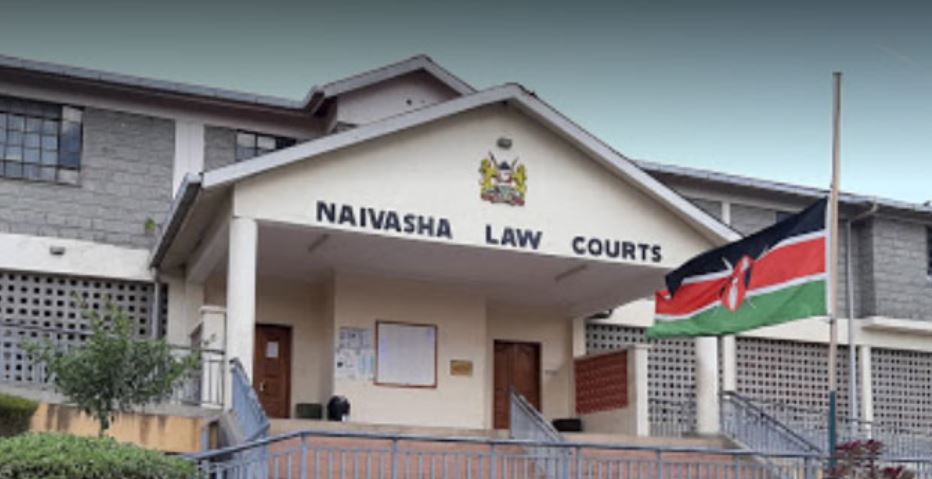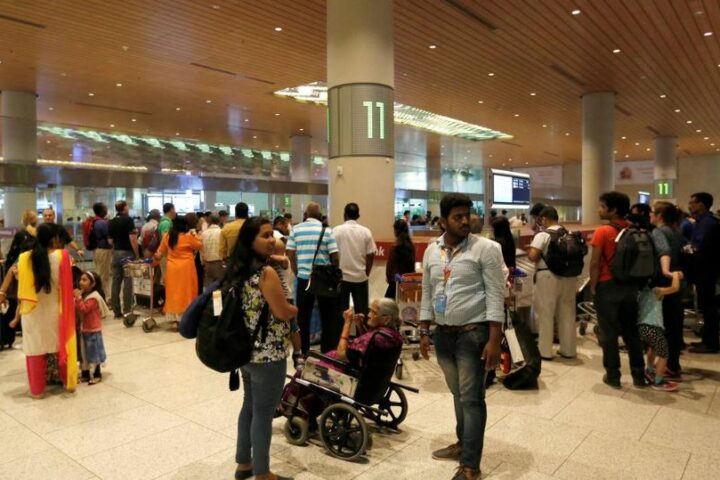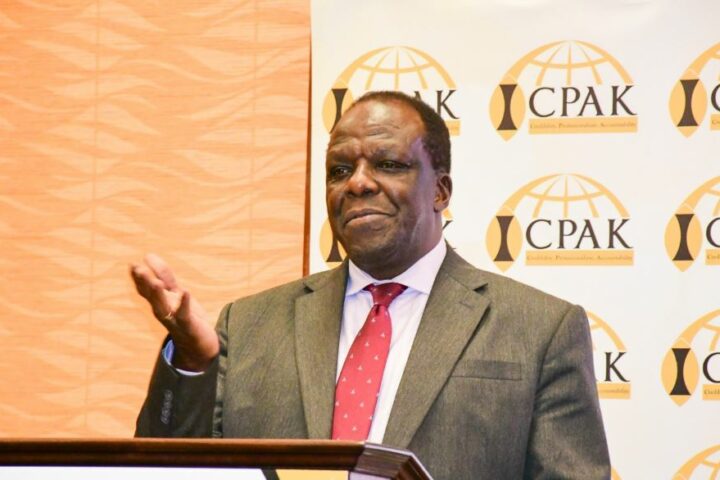 The High Court has ruled that the directive requiring parents to pay school fees through the eCitizen platform is unconstitutional, marking a significant blow to the government’s policy.
The High Court has ruled that the directive requiring parents to pay school fees through the eCitizen platform is unconstitutional, marking a significant blow to the government’s policy.
In January 2024, former Education Principal Secretary Belio Kipsang issued a directive mandating that all school fees be paid via eCitizen. However, on Tuesday, Justice Chacha Mwita ruled against the directive, stating that the government failed to involve the public in its decision-making process. He also emphasized that the Ksh. 50 convenience fee imposed on transactions was not legally justified.
“The directive lacks a legal foundation and was issued without public participation. School fees are not government revenue to be collected through a national platform,” the court declared.
The court also raised concerns about the transparency of the eCitizen platform, questioning who collects the fees and where the funds are deposited. Justice Mwita further criticized the Ksh. 50 transaction fee, calling it a form of double taxation. “It does not make sense for the government to compel citizens to use a platform and then force them to pay to sustain it,” he remarked.
The case was filed by Nakuru-based Dr. Magare Gikenyi, who argued that no clear legal framework exists to manage the funds or return them to the end users. He also challenged the rationale behind the Ksh. 50 fee, pointing out that the directive could disadvantage parents who pay fees in kind, such as through donations of maize or beans.
In defense, the government argued that the eCitizen platform is constitutional and necessary for sustaining the system.
However, the court rejected the government’s request to delay its orders, denying the 90-day extension for an appeal.








